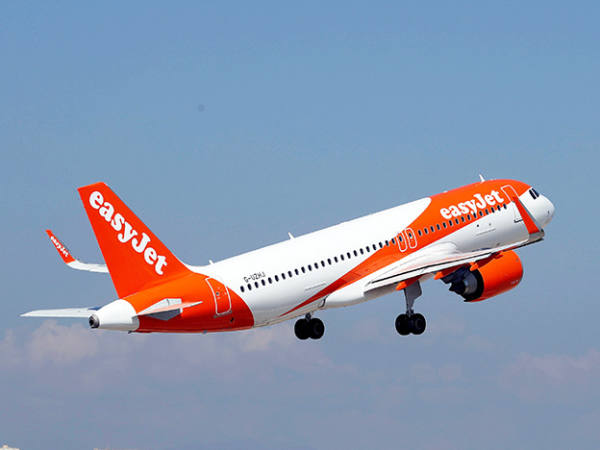The 2010s will probably be remembered as salad days for many of Germany’s biggest companies. China undergoing its fourth phase of industrial revolution meant that the German masters of third-phase industries – carmakers, machine tools makers and chemicals and electrical components manufacturers – enjoyed a decade of near-unbroken growth as China bought everything that the Federal Republic could produce. With the latest IFO Institute report showing another unexpected fall in German business confidence to 85.7, down from 87.4 in July, this seems to indicate that the country’s second recession in a year is currently in the post.
The response has been a strange combination of deep-seated nostalgia for the 1970s (unlike in the UK, the decade is remembered for its relatively painless inflation environment and strong economic growth rates) and also a turn into introspection. Everyone is suddenly asking the question whether being good at making cars is relevant in the modern economic climate.
Certainly, that background has prompted the return of the “Sick Man of Europe” headlines that dominated the financial press in the early 2000s, after Germany had spent the preceding decade in a stupor as the costs of reunification kept a lid on the economy and tangled labour market regulation meant jobs growth was kept to a minimum.
While the need to reintegrate the former East Germany meant severe dislocation at the time, in the long term millions more skilled workers, cheap land and opening markets in central and eastern Europe benefited Germany hugely, while changes to the welfare system and employment contracts freed up businesses to hire and export their goods to China.
That dynamic is coming to an end as China sinks into its own bout of introspective gloom on the back of its property market bust. With other key markets such as Russia closed to German companies – along with access to the cheap gas that powered German industry – the sense of crisis is genuine. This is probably why the German government acted against type and recently proposed €32bn (£27bn) of corporate tax cuts over four years, although nothing has been formally agreed.
The listing issue
It isn’t just the UK market that has been soul-searching over the flight of top-rated companies. The DAX (or simply the Frankfurt Stock Exchange) was left reeling by the departure for the US of industrial gases and engineering company Linde (US:Lin) in the autumn last year. Linde was the largest single member of the DAX and the end of its dual listing was a shock. In truth, Linde has been concentrating on the US market since its merger with Praxair in 2018 – it isn’t even headquartered in its historic home of Munich any more, but rather in leafy Woking.
Linde’s specific gripe with the German index was that an arcane rule prevents a company’s market capitalisation from exceeding 10 per cent as a proportion of the total index. This forces index funds to sell shares to restore the balance when the barrier is exceeded. That meant that Linde regularly faced selling pressure that had nothing to do with the company’s operational performance. The bourse has decided to review this rule, although previous consultations have always shown that investors are reluctant to change, for unfathomable reasons. Linde’s departure may have focused minds on maintaining the overall attractiveness of the DAX – it is now the DAX 40, for instance, having admitted 10 new members.
However, investors should not expect that anything that removes the artificial ceiling on market cap will come quickly, and then only after tortuous rounds of discussion and consensus-building.










